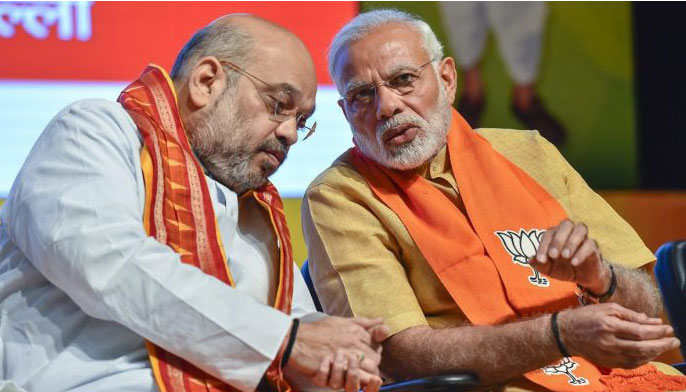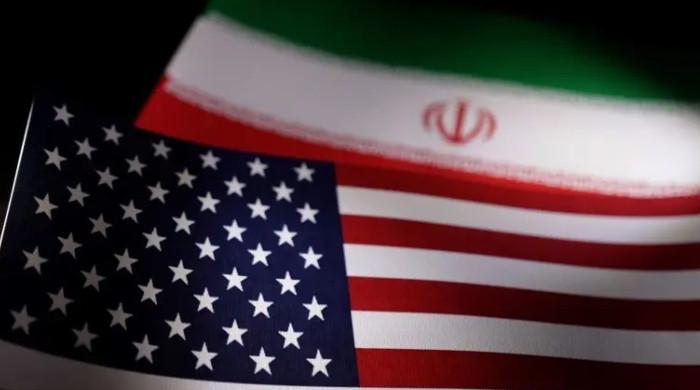US commission 'alarmed' by Indian citizenship bill, urges Washington to take effective action
Commission on religious freedom had earlier proposed sanctions on Indian leadership over controversial bill
December 13, 2019

The United States Commission on International Religious Freedom, which is an independent federal government entity established by the US Congress to report on threats to religious freedom, on Thursday urged the US government to take effective action against India over the successful passage of a controversial citizenship bill in the Indian parliament.
In a message shared on the social networking website Twitter late on Thursday, the commission, which makes foreign policy recommendations to the US President and the US Secretary of State, said that it was alarmed over the passing of the Citizenship Amendment Bill by New Delhi. The passage of the bill has triggered violent protests in the Hindu-majority country.
In the message, the commission also shared an internet link to an earlier statement in which the religious freedom body had warned that it would propose sanctions against senior members of the Indian leadership if the bill was enacted as law. Now that the bill has passed the Upper House of the Indian parliament, the body reiterated the call for punitive action.
India had on Thursday passed the contentious Citizenship Amendment Bill, enacted into law after the successful passage, that is widely seen as being aimed at marginalizing the 200-million strong Muslim minority in the country. The bill aims to grant citizenship to religious minorities from neighbouring countries, but excludes Muslims.
The bill was voted on amid raucous scenes in the Indian parliament and violent protests in the northeast of the country, leaving two dead and several others injured. Earlier this week, the bill had sailed through the lower house of the Indian legislature with 311 votes in favour and only 80 against. It passed the upper house with 125 in favour and 99 against.
According to the new amendment to the Indian constitution, people belonging to the Hindu, Sikh, Buddhist, Jain, or Parsi and Christian faiths, and fleeing ‘persecution’ in Muslim-majority Afghanistan, Bangladesh and Pakistan, may be granted Indian citizenship. There is no similar provision for Muslim refugees, enraging the Muslim minority of India.
'Dangerous turn in the wrong direction'
Reacting to the controversial act, the US Commission on International Religious Freedom (USCIRF) had last week released a statement saying that it was ‘deeply troubled’ by the legislation. In the statement, the USCIRF noted that the bill specifically excluded Muslims, setting a legal criterion for citizenship based on religion, and warned it was a dangerous turn.
"The Citizenship (Amendment) Bill is a dangerous turn in the wrong direction; it runs counter to India’s rich history of secular pluralism," the statement said. The commission also condemned the bill as a ‘violation’ of the Indian constitution, relating it to recent efforts to introduce the National Register of Citizens (NRC) in Assam and nationwide.
The NRC, like the citizenship act, is widely believed to be the brain-child of the Indian Home Minister, Amit Shah. "USCIRF fears that the Indian government is creating a religious test for Indian citizenship that will strip citizenship from millions of Muslims," the USCIRF warned. In response, the Indian government had dismissed the concerns as inaccurate.











